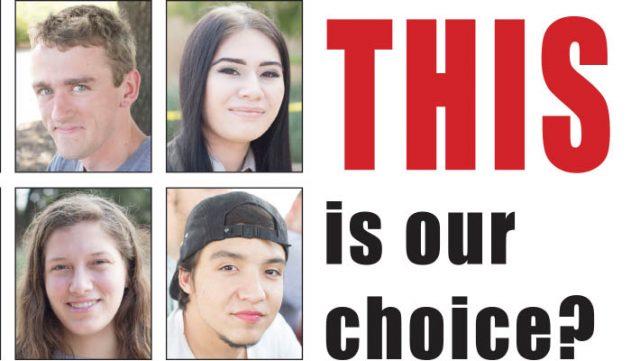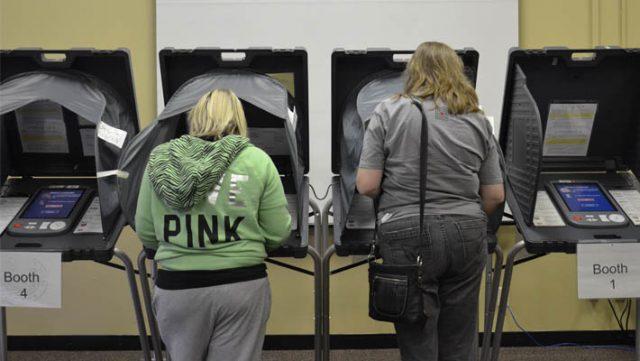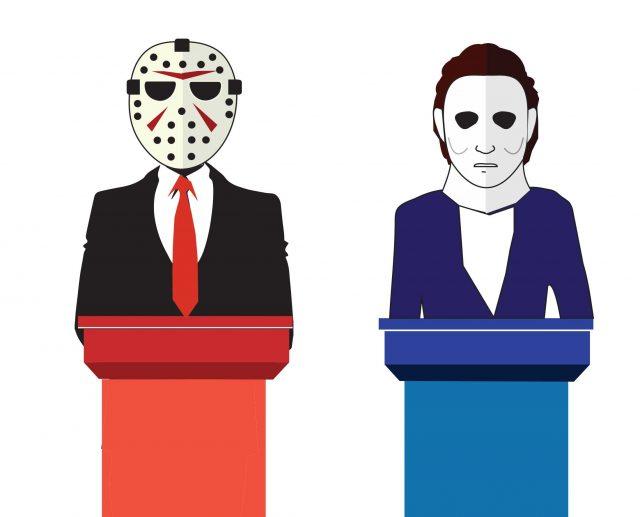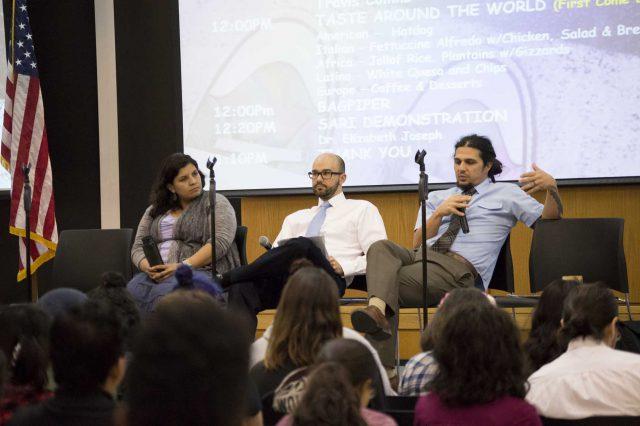By Nate Jackson/ reporter
NE students learned about some of the sensitivities associated with stereotypes and cultural appropriation Oct. 20.
“We’re taught to tolerate, but we need to learn how to move past that and get to the point where we truly understand one another,” NE speech instructor and diversity and inclusion council member A’Isha Malone said.
Malone addressed the definition of stereotypes and their implications in daily life.
“Stereotyping is the act of assuming that individuals because they belong to certain groups have a set of attitudes, behaviors, skills, morals or habits,” she said. “It is an easy way of categorizing complex individuals.”
Malone said communication with people is shaped by beliefs and assumptions, but perceptions of others are often wrong because they are based on group membership instead of individual characteristics.
Malone encouraged audience members to reflect on a time when they may have been stereotyped and where it might have come from. One woman mentioned Donald Trump. Although the response was sarcastic, she validated the point by acknowledging that often times stereotypes do come from political association.
“Stereotypes can be broken,” Malone said. “When we bring people together to open up and honestly share who they are, stereotypes begin to shatter. We discover that other people are not the mental picture created by our stereotype.”
Susan Patrick, a chemistry professor also on the diversity and inclusion council, spoke about costumes and the part they play in stereotyping.
“Generally, in costumes, you are looking for entertainment,” she said. “You are looking to make fun of something, which generally leads to offending the people of that culture.”
She encouraged the audience to be aware of imitating someone else’s culture because although people may not mean to offend, it can still come across as offensive.
Another council member, Crimson Hite, also spoke about appropriation.
“Cultural appropriation happens when members of a culture take or misuse something from a different culture,” she said.
This happens all of the time in our country, especially during the Halloween and Thanksgiving holidays, Hite said.
“Sometimes we don’t realize it, but when we’re culturally appropriating a different culture, we are demeaning a culture that people had to fight and in some cases die to hold on to,” she said.





























